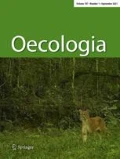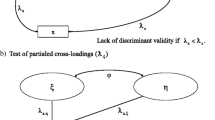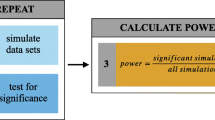Abstract
The Mantel test provides a means to test the association between distance matrices and has been widely used in ecological and evolutionary studies. Recently, another permutation test based on a Procrustes statistic (PROTEST) was developed to compare multivariate data sets. Our study contrasts the effectiveness, in terms of power and type I error rates, of the Mantel test and PROTEST. We illustrate the application of Procrustes superimposition to visually examine the concordance of observations for each dimension separately and how to conduct hypothesis testing in which the association between two data sets is tested while controlling for the variation related to other sources of data. Our simulation results show that PROTEST is as powerful or more powerful than the Mantel test for detecting matrix association under a variety of possible scenarios. As a result of the increased power of PROTEST and the ability to assess the match for individual observations (not available with the Mantel test), biologists now have an additional and powerful analytical tool to study ecological and evolutionary relationships.
Similar content being viewed by others
Author information
Authors and Affiliations
Additional information
Electronic Publication
Rights and permissions
About this article
Cite this article
Peres-Neto, P.R., Jackson, D.A. How well do multivariate data sets match? The advantages of a Procrustean superimposition approach over the Mantel test. Oecologia 129, 169–178 (2001). https://doi.org/10.1007/s004420100720
Received:
Accepted:
Published:
Issue Date:
DOI: https://doi.org/10.1007/s004420100720




